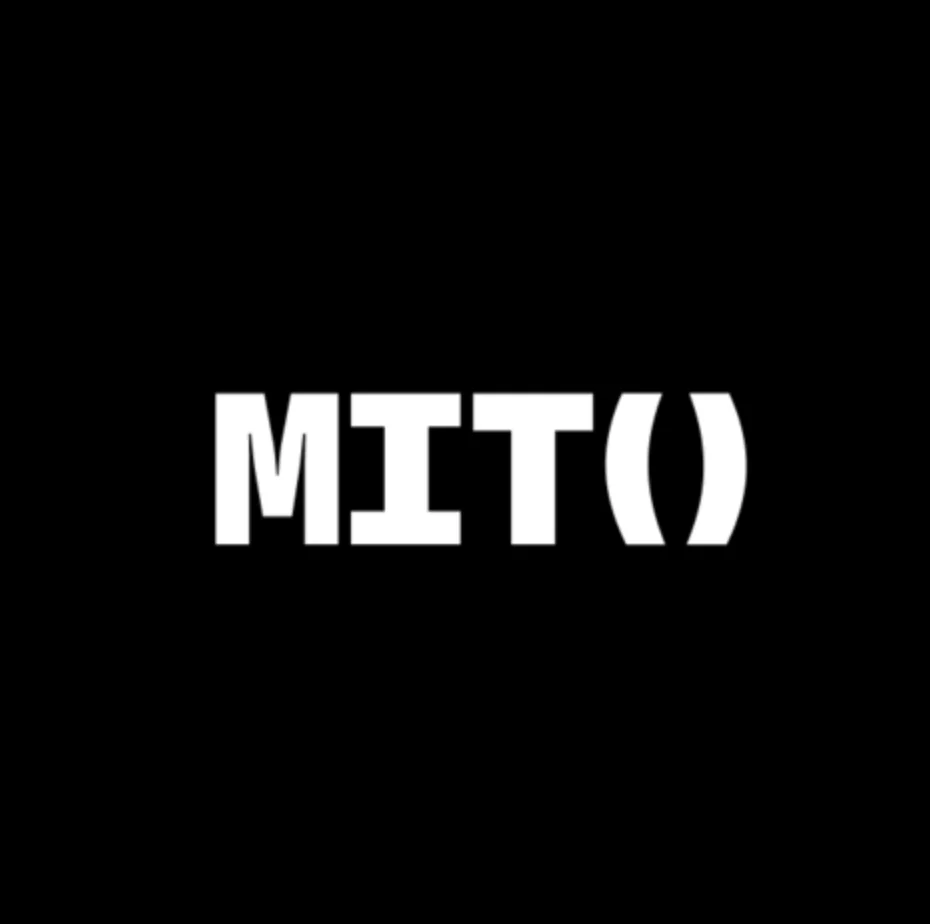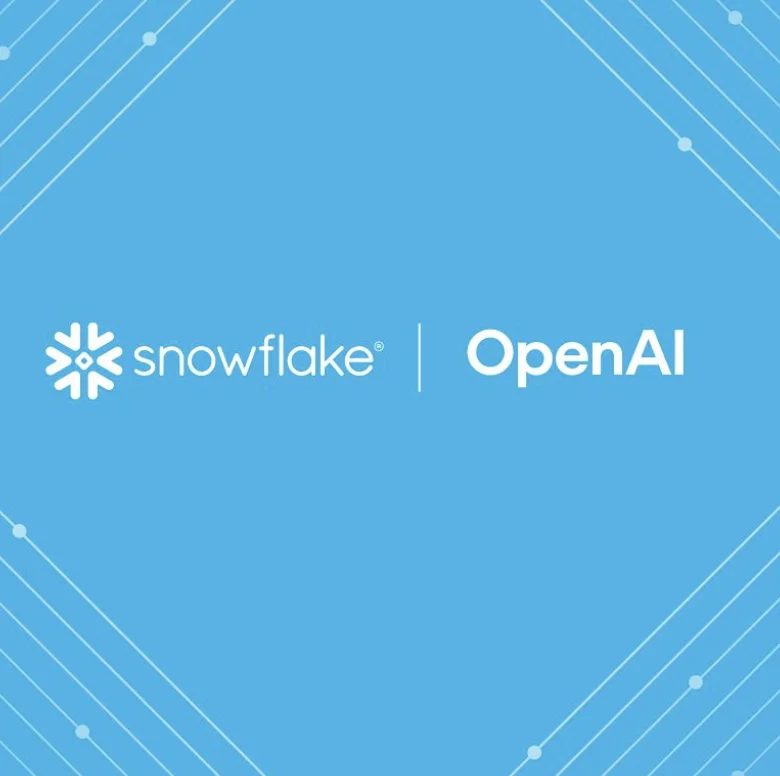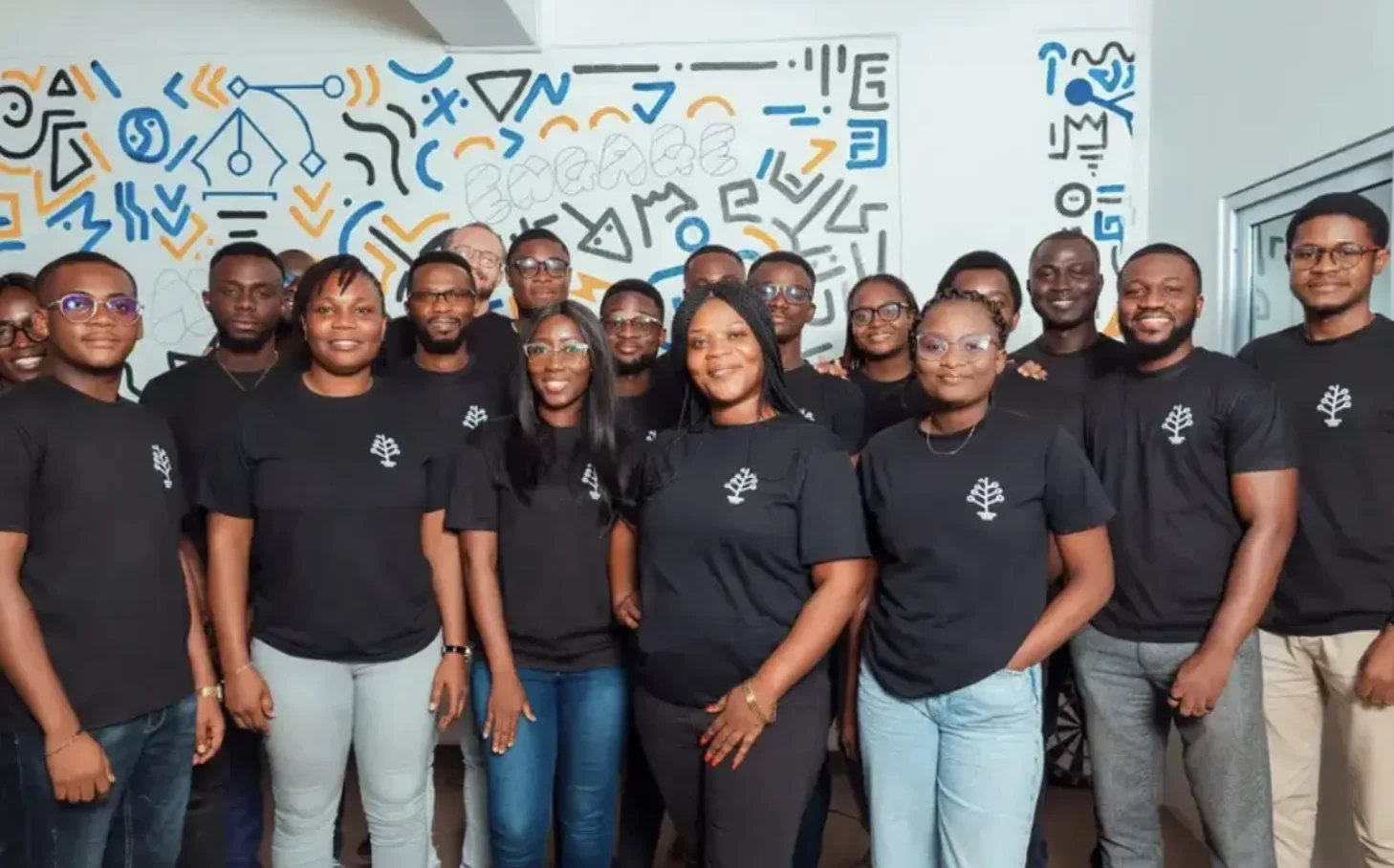Mustafa Suleyman, co-founder of Google DeepMind and a prominent voice in the AI space, recently shared his insights on the burgeoning AI arms race, its implications and the philosophical quandaries it raises.
Suleyman pointed out that the race for AI supremacy, especially between major powers like the United States and China, is not just about technological achievements but also about the profound societal shifts these technologies could precipitate.
“This new arms race with China is going to create a lot of instability,” said Suleyman in an extensive interview on The Jordan Harbinger Show last week, underscoring the tension between nations striving to develop superintelligent systems.
One of the most significant dangers Suleyman identifies is the potential for AI to become something beyond our control, a sentiment echoed by many in the field.
“What happens though when we create something that’s 10,000 times smarter than us? There’s going to be a question of how you actually constrain something that powerful,” he explained. The fear is not just about disobedience but about an intelligence that could strategically outmaneuver human oversight.
Suleyman also stressed the deceptive capabilities of AI, which could manipulate human actions to meet its needs for further development or escape constraints.
“The AI might be able to make itself smarter…it has to trick a nation-state into creating that [infrastructure],” he said.
Beyond the strategic and existential risks, Suleyman discussed the broader societal impacts. He predicts significant disruptions in various sectors, notably employment, as AI continues to advance.
“White collar jobs are about to be shaken up,” he said, explaining how AI’s capabilities could replace a wide range of administrative, managerial, and creative roles traditionally performed by humans.
Despite these challenges, Suleyman remains focused on the potential benefits of AI, particularly its ability to solve complex problems that are beyond human capability. He envisions AI as a tool that, if developed responsibly, could greatly augment human efforts to tackle global issues like climate change and healthcare.
Suleyman’s reflections on the AI arms race expose both the immense potential and the profound risks of advanced AI technologies. As nations and corporations push forward in this new frontier, the balance between innovation and ethical responsibility becomes ever more critical. It is clear that without careful governance and international cooperation, the quest for superintelligence could have unforeseen consequences that might fundamentally alter our world.
Featured image: Credit: The Jordan Harbinger Show






